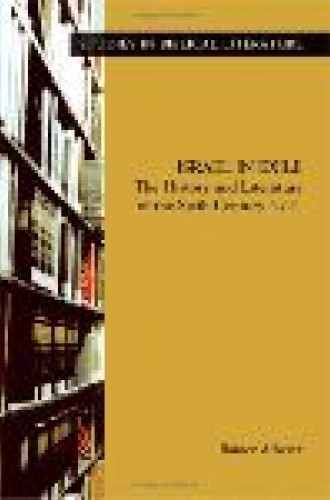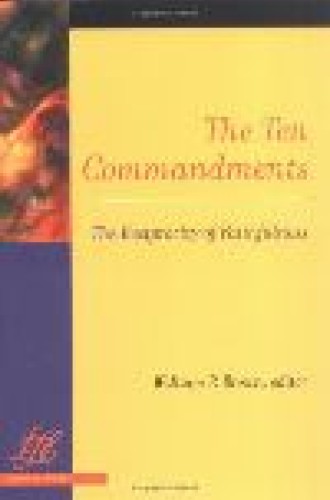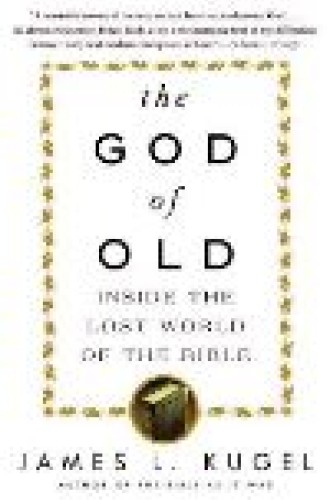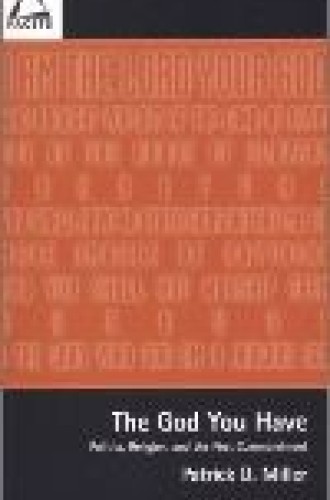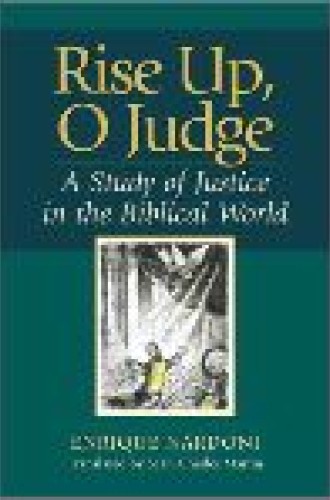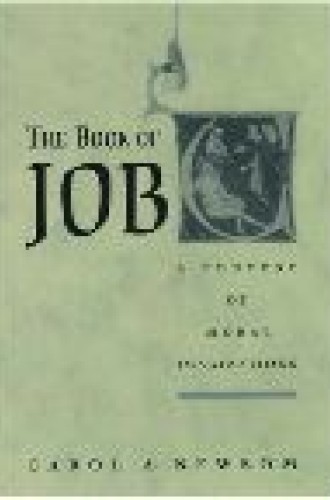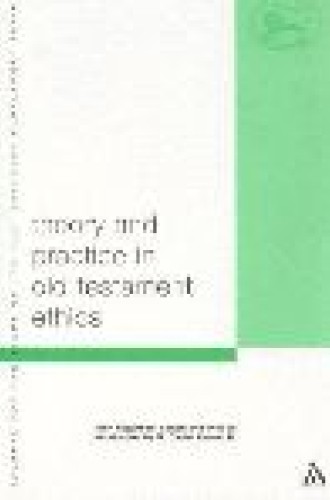Take and read
The most important historian of Israelite religion probes the sources and issues of the 6th century BCE, now a focus of the most generative work on the production of the Hebrew Bible.
Brown offers a series of articles on each of the Ten Commandments in sequence. The commentary moves regularly from critical analysis to pertinent contemporary exposition.
Green introduces a new interpretation informed by the dialogic theory of Mikhail Bahktin. Her skillful way exhibits new methods and yields important new understandings.
This judicious inventory of important texts on the vexing issue of poverty is crucial reading as the church seeks to recover its public voice on economic issues.
Kugel utilizes his skills in interpretation of the ancient Jewish world to delicately probe the oddities of biblical testimony that live beneath conventional theological settlement. Of particular interest is his playful exposition of God’s response to the cry of the wretched.
Miller continues his careful study of the Decalogue with an exposition of the first commandment. I am delighted that Miller has dedicated this book to me.
This book is the fullest summary we have of biblical texts on justice issues. Nardoni’s wise exposition is complemented by a bibliography that is worth the price of the book.
Also informed by Bahktin, Newsom has written what is now surely the classic study of the book of Job. A must read.
Pixley takes up the much-studied book of Jeremiah from a materialist-Marxist perspective, offering important connections to the present context, in which people are hungering for prophetic illumination.
This will surely be the benchmark book in biblical ethics. The authors combine personal passion and urgent contemporaneity with well-grounded critical analysis.


